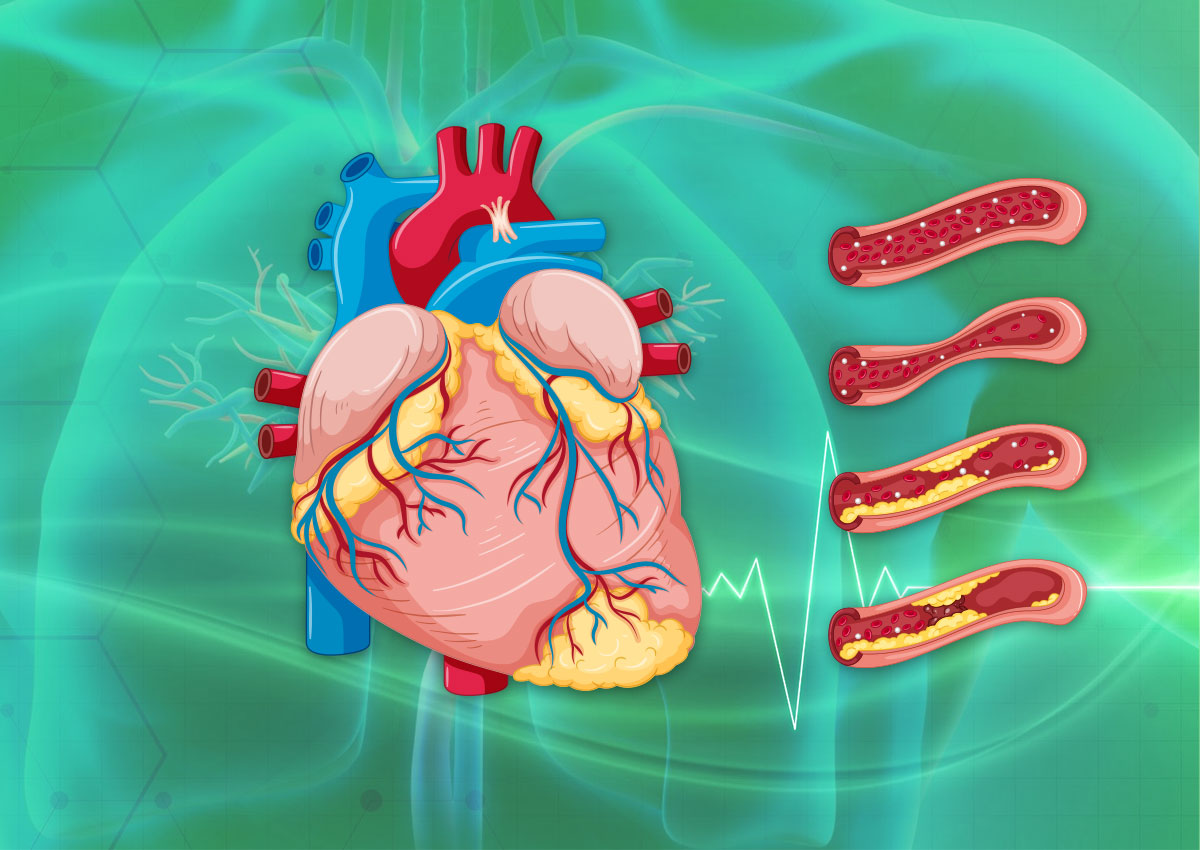Heart of the Matter; Covid-19 and the Heart
When physicians talk of heart disease it can be a combination or all of the components that malfunction. With the Covid-19 pandemic it is pertinent to review the effects of Sars-Cov-2 virus on the heart for the heart month.

Heart is a muscular organ that pumps blood. Simply put it has 4 rooms/chambers, valves (doors), plumbing and electricity akin to a house. This article shares the known knowledge about the correlation between coronavirus Covid-19 and its impact on heart in connection with the ongoing heart disease awareness month.
When physicians talk of heart disease it can be a combination or all of the components stated above that malfunction – pump, plumbing and electricity. Malfunction of one component usually has effect on functioning of other components. Blogs have been published on this site about some of the common heart diseases.
With the Covid-19 pandemic it is pertinent to review the effects of Sars-Cov-2 virus on the heart for the heart month.
Patients infected with Sars-Cov-2 virus have a systemic inflammatory response which depends on the viral load. In the severe form of COVID-19, the body’s immune system overreacts to the infection, releasing inflammatory molecules called cytokines into the bloodstream. This so-called “cytokine storm” can damage multiple organs, including the heart.
Inflammation of heart is known as myocarditis. It leads to heart failure due to decreased ability to squeeze or decreased pump function. There is higher chance of heart involvement with higher viral load. Direct correlation of heart muscle damage with the virus itself is lacking, however consensus amongst experts is that several factors are involved in causing myocarditis.
Signup today and find a doctor near you
Recent study showed 25% of patients being treated for Covid-19 had cardiovascular compromise. Of the 25% patients with cardiovascular compromise, mortality was 25%. MRI of heart performed 2-3 months after recovery from Covid-19 were abnormal in 76% and showed on going inflammation in 60%. Minor damage sustained by the heart from Covid-19 may heal but there are no long-term data. In our effort to spread knowledge about effects of Covid-19 on heart in connection with heart disease awareness month, we tried to discover what we can from the top experts. There is no consensus among experts if all patients need to be screened post Covid-19 for cardiovascular function.
Also Read: Atrial Fibrillation is a Condition Causing Fast Heart Rate
Patients with pre-existing heart conditions, such as damaged heart muscle or blocked heart arteries, weaken the body’s ability to survive the stress of the illness. Persons with vulnerable heart are more likely to succumb to the effects of Covid-19 such as fever, low oxygen levels, unstable blood pressures, and blood clotting disorders.
Poor metabolic health is a precursor of heart disease. Poor metabolic health refers to diseases such as prediabetes, diabetes mellitus type 2 and obesity. These conditions cause inflammation which increases the risk of blood clots. Infection with COVID-19 increases the likelihood of devastating complications in this group.
Heart damage is most often caused by heart attacks, which result from the formation of a blood clot in a vulnerable heart artery, blocking delivery of oxygen to the heart muscle. COVID-19-related inflammation raises the risk of this type of heart attack by activating the body’s clotting system and disrupting the blood vessel lining. When inflamed, this lining loses its ability to resist clot formation. These blood clots in the large and small arteries of the heart cut off its supply of oxygen. The increased clotting tendency can also lead to blood clots in the lungs, which can cause a drop in blood oxygen levels. Severe pneumonia drops blood oxygen further. When the oxygen demand exceeds the supply, the heart muscle is damaged.
After recovering from Covid-19, if the patients have persistent fatigue, shortness of breath, edema and chest pain further cardiac work up is indicated.
Finally, should patients with or without underlying cardiovascular abnormalities be vaccinated? The answer is a clear YES.
Information and data on Covid-19 is constantly changing, please talk to your provider for further discussion. mHospital connects you with the most appropriate doctors. Schedule today!





